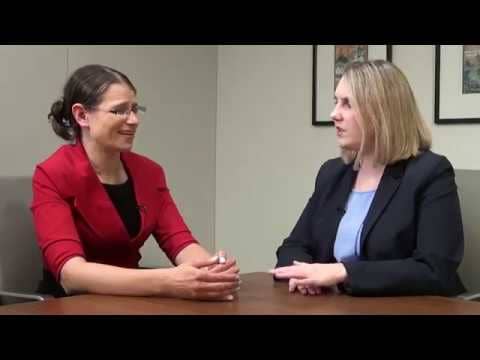Jen: This is the PKF Texas Entrepreneur’s Playbook. I’m Jen Lemanski, and I’m back again with Danielle Supkis Cheek, one of our directors, as well as one of our Certified Fraud Examiners. Danielle, welcome back to The Playbook.
Danielle: Good to see you again, Jen.
Jen: So as a CFE I know you work with attorneys on the fraud investigations. Now, attorneys have attorney/client privilege; does that extend to your work with their clients?
Danielle: In certain circumstances it can. CPAs traditionally – as rank in file CPAs – we have confidentiality with our clients, which means I can’t go blabbing your business out and about anywhere I want to. But I can be compelled to testify with a judge-signed court order.
In short, we’ll keep this simple. The difference is… privilege is a higher level. Attorney/client privilege that’s not an Attorney CPA client privilege, but there are certain circumstances where that attorney/client privilege can pass down to the CPA if the attorney manages the engagement correctly and puts proper procedures in place.
And what the benefit of that really is is if you’re doing a corporate investigation and you don’t necessarily know what you don’t know yet, and you have potential brand risk on the line, a lot of times you’ll want those investigations under privilege until you determine what to do or what is the result of those investigations. So many times we’ll be asked to work under privilege running through the attorney. Clients can wave the privilege if they want to; we’ve had ones where entities want to self-report a particular situation. Disclosing to the auditor actually does create disclosure to the third-party, which then can create privilege problems.
And so, working with the attorney to make sure we understand what is the scope, how the privilege is working. There’s also some tax controversy if you have some tax concerns; it’s called “Kovel,” where the privilege does move down as well. It’s a best practice to try to put the engagements in the type of engagement that they should be in for protecting the client. This is really a client protection matter, because you want to trust your CPA and be able to actually disclose information to your CPA that they can help you with.
Jen: Speak freely, give you all the information you need to help them out.
Danielle: Exactly. And I once had a client ask me, when this was just a regular confidentiality matter, they said, “Well, does that mean you’re going to sing like a canary?” And I go, “Well, that means I’m going to have to tell the truth if I’m asked the truth.” We can’t claim the 5th amendment, because it’s not self-incrimination, so making sure you bring in the attorney to manage that is really important.
Jen: Perfect, sounds good. We’ll get you back to talk some more fraud – interesting stuff always. For more about this topic, visit PKFTexas.com. This has been another Thought Leader production brought to you by PKF Texas The Entrepreneur’s Playbook. Tune in next week for another chapter.

